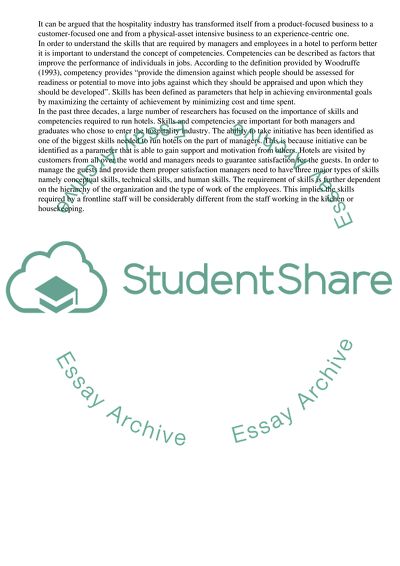Cite this document
(Specific Set of Skills and Competencies Required for Effective Managem Assignment, n.d.)
Specific Set of Skills and Competencies Required for Effective Managem Assignment. Retrieved from https://studentshare.org/management/1656101-the-skills-and-attributes-required-to-manage-a-hotel
Specific Set of Skills and Competencies Required for Effective Managem Assignment. Retrieved from https://studentshare.org/management/1656101-the-skills-and-attributes-required-to-manage-a-hotel
(Specific Set of Skills and Competencies Required for Effective Managem Assignment)
Specific Set of Skills and Competencies Required for Effective Managem Assignment. https://studentshare.org/management/1656101-the-skills-and-attributes-required-to-manage-a-hotel.
Specific Set of Skills and Competencies Required for Effective Managem Assignment. https://studentshare.org/management/1656101-the-skills-and-attributes-required-to-manage-a-hotel.
“Specific Set of Skills and Competencies Required for Effective Managem Assignment”, n.d. https://studentshare.org/management/1656101-the-skills-and-attributes-required-to-manage-a-hotel.


